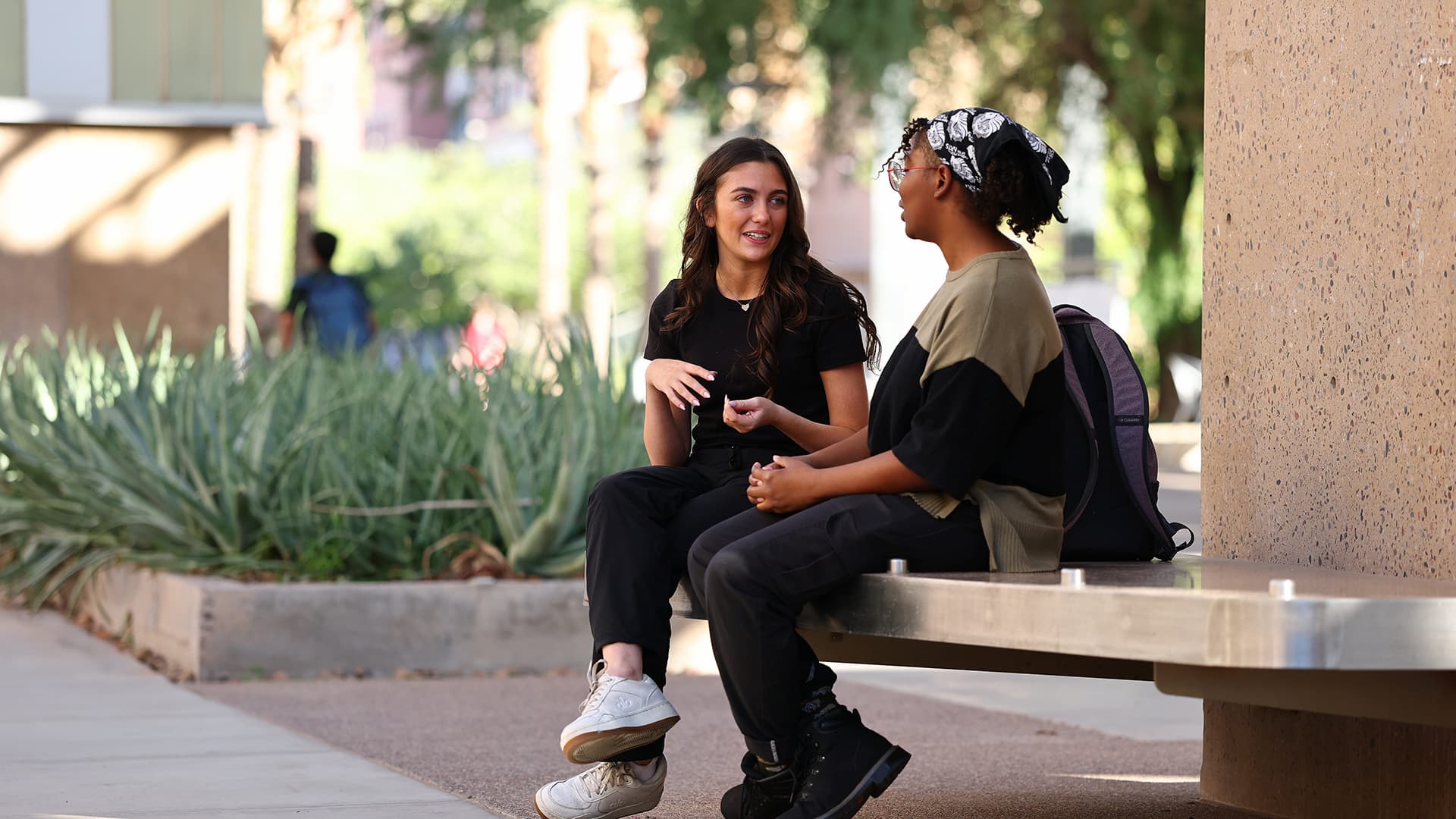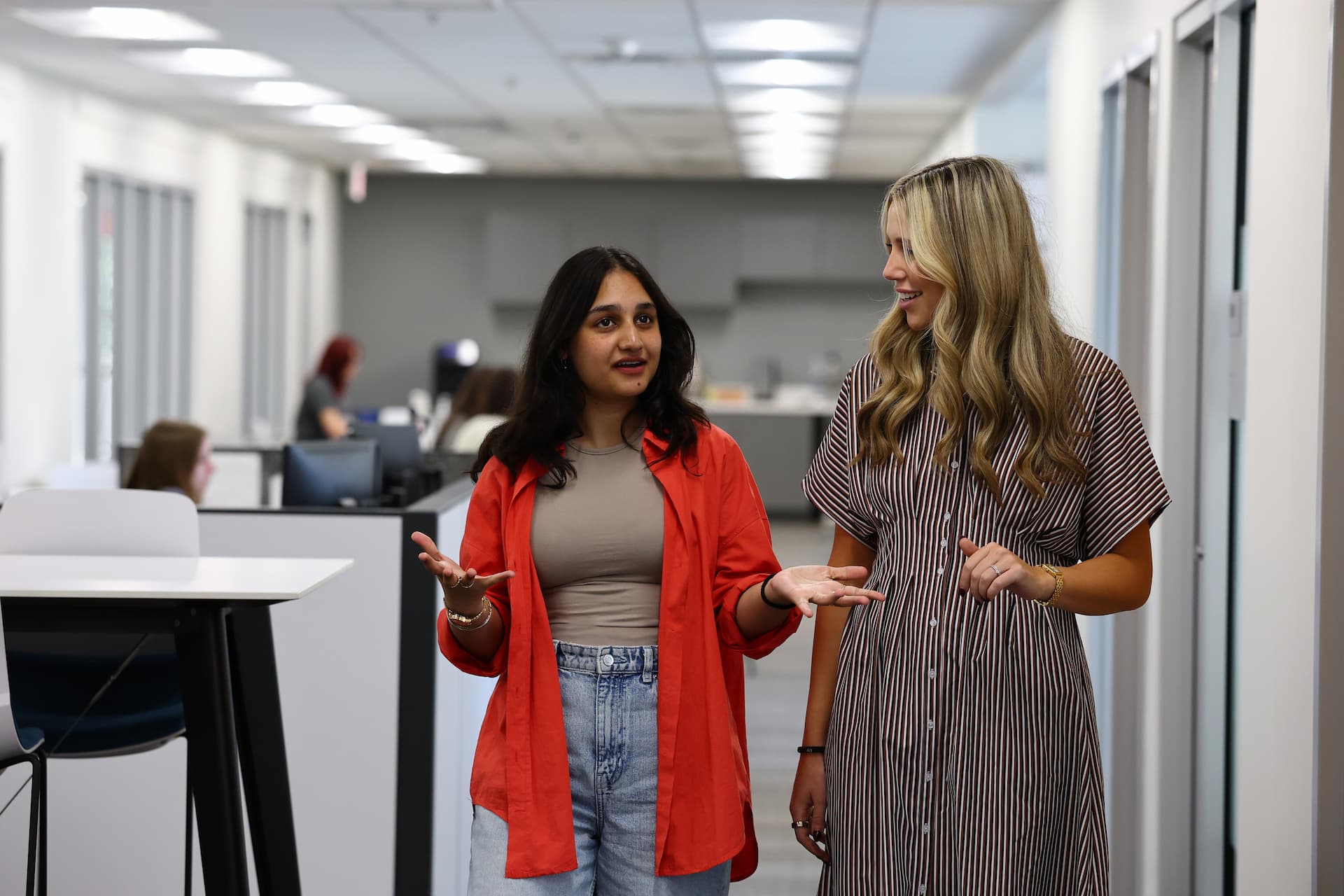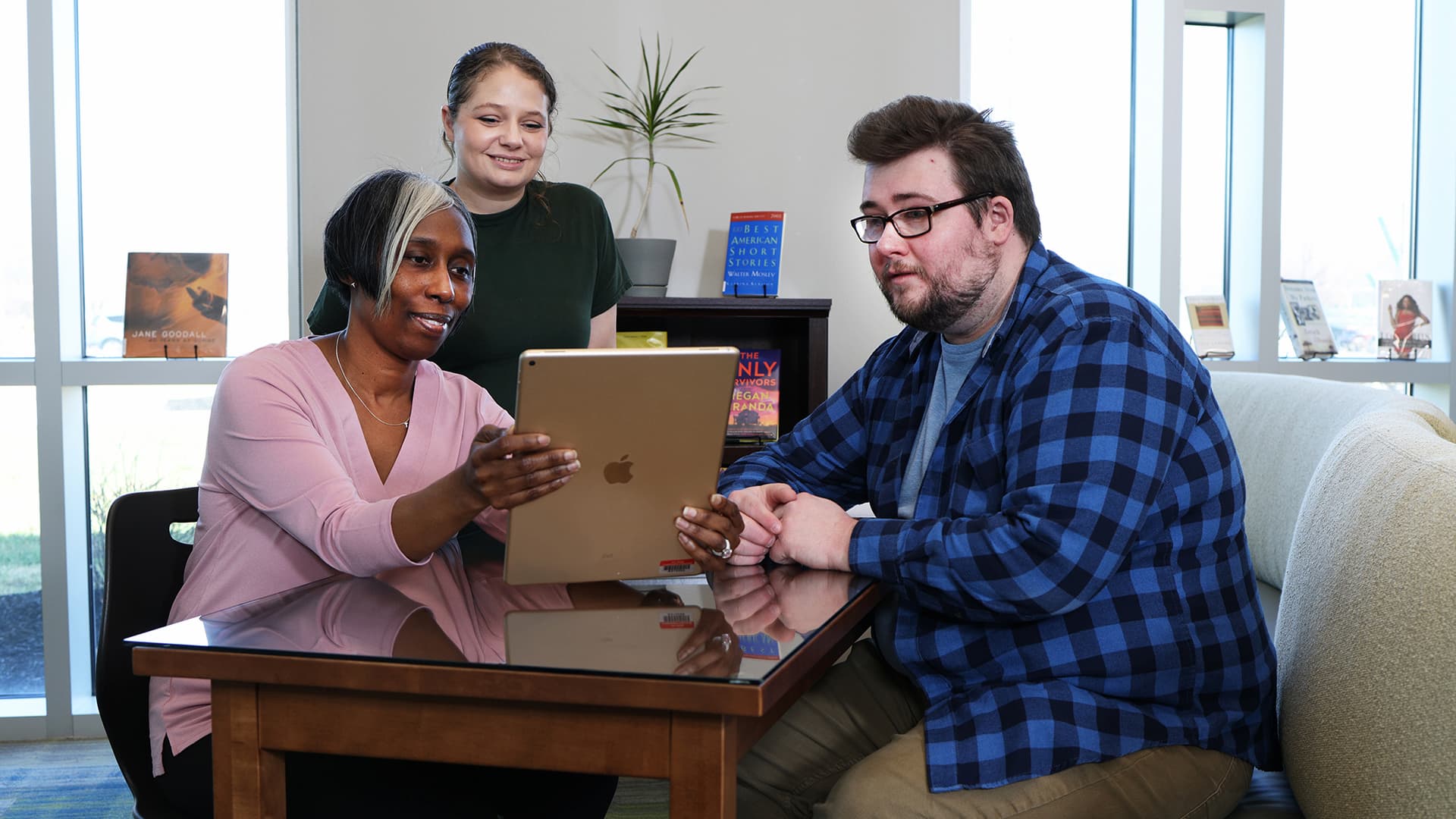News & Insights
Large-scale systems-level change requires sustained attention and dedication, so when Strada looks back at progress made over the past year, we are inspired by moments that point toward a future in which every person — no matter where they start — can envision a way ahead that is filled with opportunity.
Measuring state progress in connecting education with opportunity.




How a student chooses a college major is often the result of personal factors, such as interests, strengths, or education and career guidance.

Strada CEO and President Stephen Moret testified before the House Committee on Education and Workforce about reauthorizing the nation’s main workforce development legislation — the Workforce Innovation and Opportunity Act, or WIOA.

The senior vice president of HBCU and engagement discusses how a $25 million investment created a community of students who learn from one another while celebrating the legacy of HBCUs.

The longtime insurance brokerage executive and Strada trustee begins his second term as board chair.

The institutions receiving the grants will develop innovative approaches to career services and share their knowledge and experiences with other schools.

In 2025, Strada’s look and brand image will change to reflect our commitment to working with focus, connection, curiosity, agility, and optimism — qualities that will guide us and undergird all our efforts.

Strada is extending an invitation for each institution to participate in the State Opportunity Index survey and to receive confidential and benchmarked results, free of cost.

Hundreds of institutions have come together to provide simple and clear pricing and financial aid information to students and families as part of the College Cost Transparency Initiative.

Cobert, who has extensive public and private sector experience, will oversee the Strada affiliates and relationships with other nonprofits.
.avif)
Even though internships impart a strong labor market advantage that tends to persist after graduation, the nation’s supply of internships has not kept up with demand. A new report provides insights.
.avif)
Strada’s agenda lays out ambitious steps for improving education and employment systems so students realize the economic value of their education and employers have the talent they need to fill jobs.
.jpg)
Guidance in connecting education to a career can make the difference in improving completion and postcompletion outcomes. When grounded in effective practices including proactive outreach and comprehensive support, coaching is associated with improved persistence and graduation rates.
Try a different search term or refine your filter selections.
Stories

For January’s National Mentoring Month, Strada staff reflected on how mentors in all their forms have shaped our journeys as students and professionals.

Large-scale systems-level change requires sustained attention and dedication, so when Strada looks back at progress made over the past year, we are inspired by moments that point toward a future in which every person — no matter where they start — can envision a way ahead that is filled with opportunity.

The Principles identify essential strategies for supporting students through quality education-to-career guidance as they transition from education to employment.
Videos

This year the Strada HBCU Initiative celebrates its fourth year — a milestone that includes the graduation of many students in the first cohort of Strada Scholars.
.jpg)
